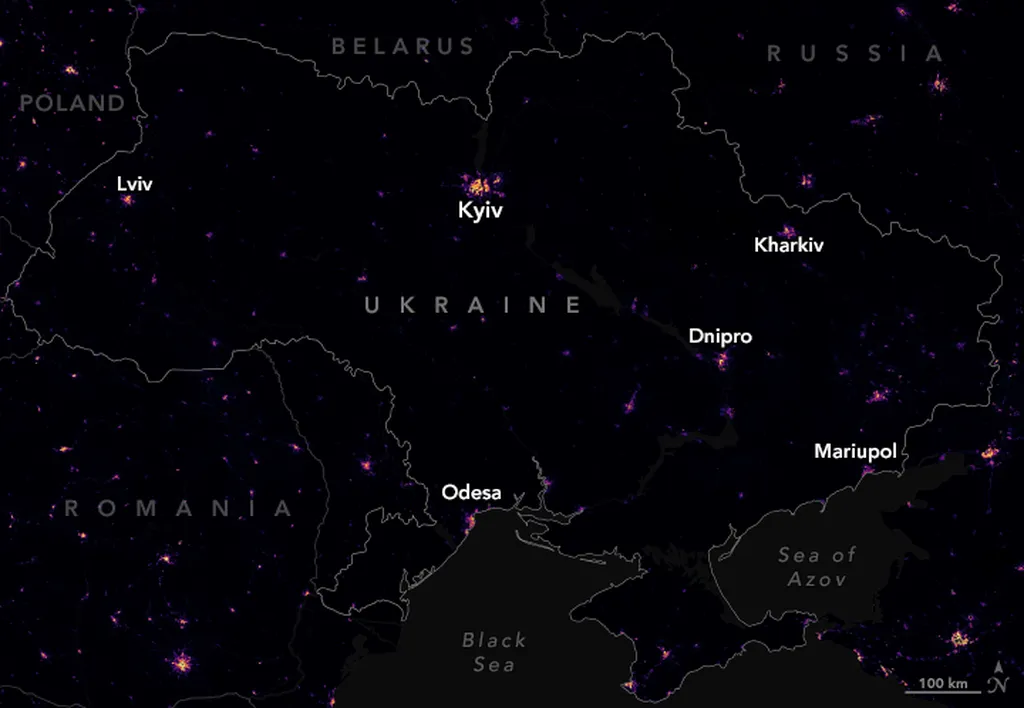In the bustling world of industrial operations, where precision is paramount, measuring temperature accurately can mean the difference between efficiency and waste, safety and hazard. A recent study published in the journal *Energy Engineering and Control Systems* (translated from Ukrainian as *Енергетичний машинобудування та автоматизація промислових систем*) delves into the nuances of contact methods for temperature measurement, offering insights that could revolutionize how industries approach thermal monitoring. At the helm of this research is Vasyl Fedynets, a distinguished professor at Lviv Polytechnic National University, whose work promises to refine the way we interact with heat flows in technological objects.
Fedynets’ study focuses on the often-overlooked complexities of contact temperature measurement, a method widely used in industrial settings. “When using the contact method, the thermal transducer must be in direct contact with the object of study,” Fedynets explains. “This creates the necessary conditions for heat exchange, but it also introduces potential for error.” The challenge lies in achieving thermal equilibrium between the transducer and the object, a process that can be fraught with dynamic errors, especially when measuring non-stationary temperatures.
The heart of Fedynets’ research lies in the development of simplified models to estimate measurement results accurately. By understanding the interaction between thermal transducers and various heat flows, industries can minimize methodological errors and enhance the reliability of their temperature measurements. “The complexity of these processes necessitates the construction of simplified models,” Fedynets notes. “These models help us obtain practical estimates of measurement results, reducing the impact of thermal inertia and other dynamic errors.”
For the energy sector, the implications are profound. Accurate temperature measurement is crucial for optimizing energy production, ensuring safety, and reducing operational costs. Fedynets’ research provides a framework for selecting the right thermal transducers and setting up experiments to obtain reliable data. This could lead to more efficient energy systems, better maintenance practices, and ultimately, significant cost savings.
The study also highlights the importance of understanding the conditions that must be met when conducting temperature measurements. By adhering to these principles, industries can avoid common pitfalls and achieve more accurate results. Fedynets’ work serves as a valuable resource for professionals in the field, offering both reference and methodological materials to guide their practices.
As the energy sector continues to evolve, the need for precise and reliable temperature measurement will only grow. Fedynets’ research offers a roadmap for navigating the complexities of contact methods, paving the way for more efficient and accurate thermal monitoring. By embracing these insights, industries can enhance their operations, reduce errors, and ultimately, drive progress in the energy sector.
In a world where every degree matters, Fedynets’ work shines a light on the path forward, offering solutions that could transform the way we measure and manage heat. As the energy sector looks to the future, the principles outlined in this study will undoubtedly play a crucial role in shaping the next generation of thermal monitoring technologies.

